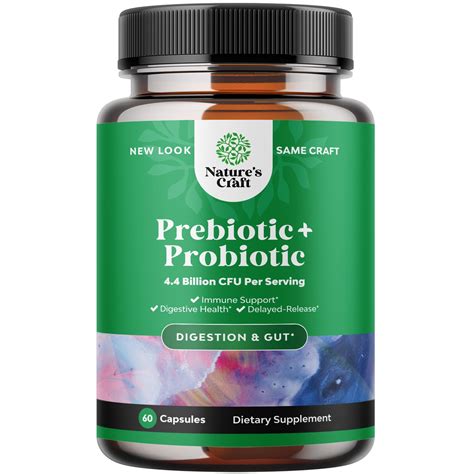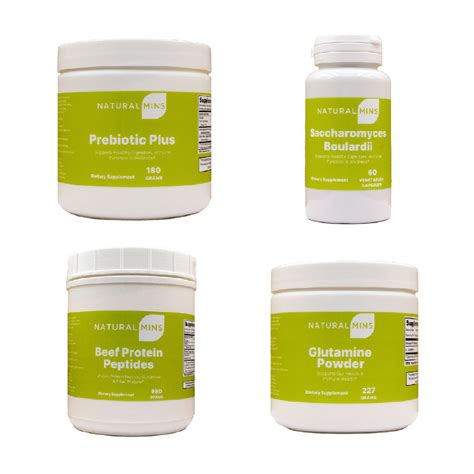What actionable steps optimize male gut health for peak performance?

For men seeking to achieve peak physical and mental performance, the spotlight increasingly turns to an often-overlooked hero: the gut. Far from just a digestive organ, the gut, and its complex microbiome, plays a pivotal role in everything from nutrient absorption and immune function to mood regulation and energy levels. A well-optimized gut can be the secret weapon for enhanced vitality, sharper focus, and robust health. So, what specific, actionable steps can men take to cultivate a high-performing gut?
The Gut-Performance Connection for Men
The male body has unique physiological demands, and a healthy gut is foundational to meeting them. A balanced gut microbiome supports efficient testosterone production, reduces systemic inflammation (a common culprit in fatigue and muscle recovery issues), and optimizes nutrient assimilation crucial for muscle growth and cognitive function. When the gut is dysbiotic (unbalanced), it can lead to issues like irritable bowel syndrome, poor immunity, low energy, and even contribute to mental fog and anxiety, directly hindering performance.

Pillar 1: Fueling Your Microbiome with Targeted Nutrition
Diet is perhaps the most direct lever you can pull to influence your gut health. Prioritize nutrient-dense, whole foods while strategically incorporating elements that nurture beneficial bacteria:
- Embrace Fiber Diversity: Don’t just eat fiber; eat a variety of fibers. Soluble fibers (oats, apples, beans) and insoluble fibers (whole grains, nuts, seeds, vegetables) are essential. They act as prebiotics, feeding the good bacteria in your gut. Aim for 30-38 grams daily from a wide range of plant sources.
- Fermented Foods for Probiotics: Regularly consume foods rich in live beneficial bacteria. Options like unsweetened yogurt or kefir, sauerkraut, kimchi, tempeh, and kombucha can introduce a diverse array of probiotics to your system.
- Limit Processed Foods, Sugar, and Artificial Sweeteners: These items often feed detrimental bacteria, promote inflammation, and can damage the gut lining, leading to a condition known as ‘leaky gut.’
- Healthy Fats: Include sources of omega-3 fatty acids (fatty fish, flaxseeds, walnuts) which have anti-inflammatory properties beneficial for gut health.

Pillar 2: Lifestyle Habits for a Resilient Gut
Beyond food, daily habits significantly impact gut wellness:
- Prioritize Quality Sleep: Poor sleep disrupts circadian rhythms, which can negatively impact the gut microbiome. Aim for 7-9 hours of consistent, high-quality sleep nightly.
- Master Stress Management: The gut-brain axis is powerful. Chronic stress can alter gut motility, increase gut permeability, and shift microbial composition. Incorporate stress-reducing practices like meditation, deep breathing, yoga, or spending time in nature.
- Regular Physical Activity: Moderate exercise has been shown to increase gut microbial diversity and improve beneficial bacteria populations. However, overtraining can sometimes be detrimental, so find a balanced routine.
- Stay Hydrated: Water is fundamental for digestion and nutrient absorption. It helps move food through the digestive tract and maintains the integrity of the gut lining. Aim for at least 8-10 glasses of water daily.

Pillar 3: Strategic Supplementation and Environmental Awareness
While diet and lifestyle are primary, certain supplements and environmental considerations can further support gut health:
- Consider Probiotic and Prebiotic Supplements: If dietary sources aren’t enough, a high-quality probiotic supplement (with diverse strains) can be beneficial, especially after antibiotic use or during periods of stress. Prebiotic supplements (like inulin or FOS) can also nourish existing good bacteria. Consult a healthcare professional for personalized recommendations.
- Mindful Medication Use: Antibiotics, NSAIDs, and proton pump inhibitors can disrupt the gut microbiome. Use them judiciously and under medical guidance.
- Limit Environmental Toxins: Exposure to pesticides, heavy metals, and certain chemicals can negatively impact gut health. Opt for organic produce when possible and be mindful of household products.

Personalized Approach and Monitoring
Gut health is highly individual. What works for one man might not work perfectly for another. Pay attention to your body’s signals: changes in digestion, energy levels, skin health, and mood can all be indicators of your gut’s state. Keep a food and symptom journal to identify triggers and beneficial changes.
For more specific issues or a deeper understanding, consider consulting a functional medicine practitioner or a registered dietitian. They can offer advanced testing (like stool analysis) to provide a tailored approach to optimizing your unique gut microbiome.

Conclusion
Optimizing male gut health is not a quick fix but a continuous journey of intentional choices. By consistently implementing these actionable steps—prioritizing diverse, fiber-rich whole foods, embracing fermented items, managing stress, ensuring adequate sleep and hydration, and being mindful of environmental factors—men can cultivate a robust gut microbiome. This foundational health translates directly into enhanced physical vitality, improved mental clarity, and a sustained ability to perform at their peak in all aspects of life.









